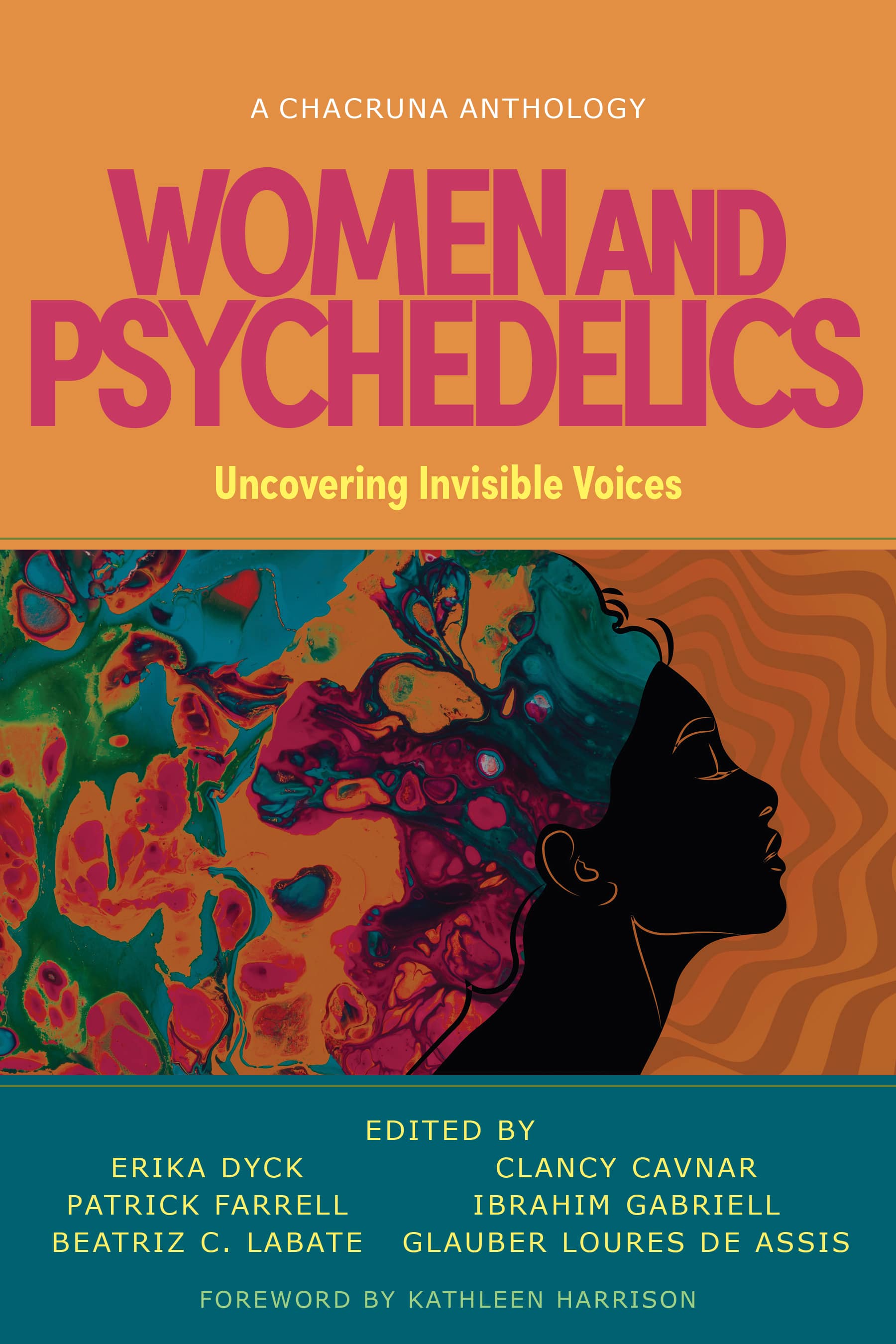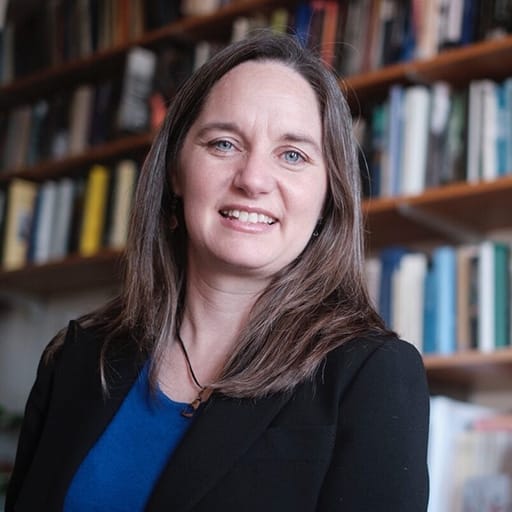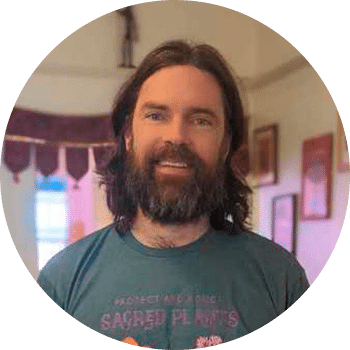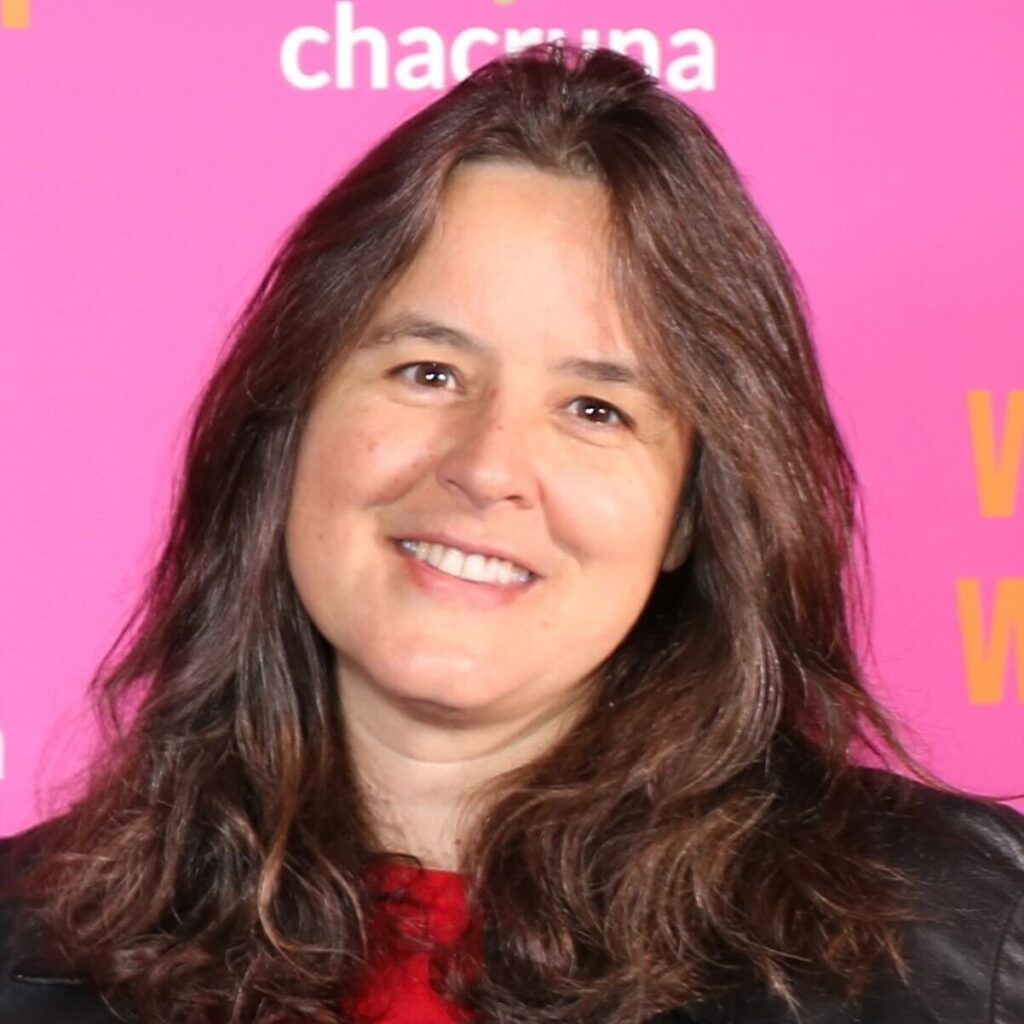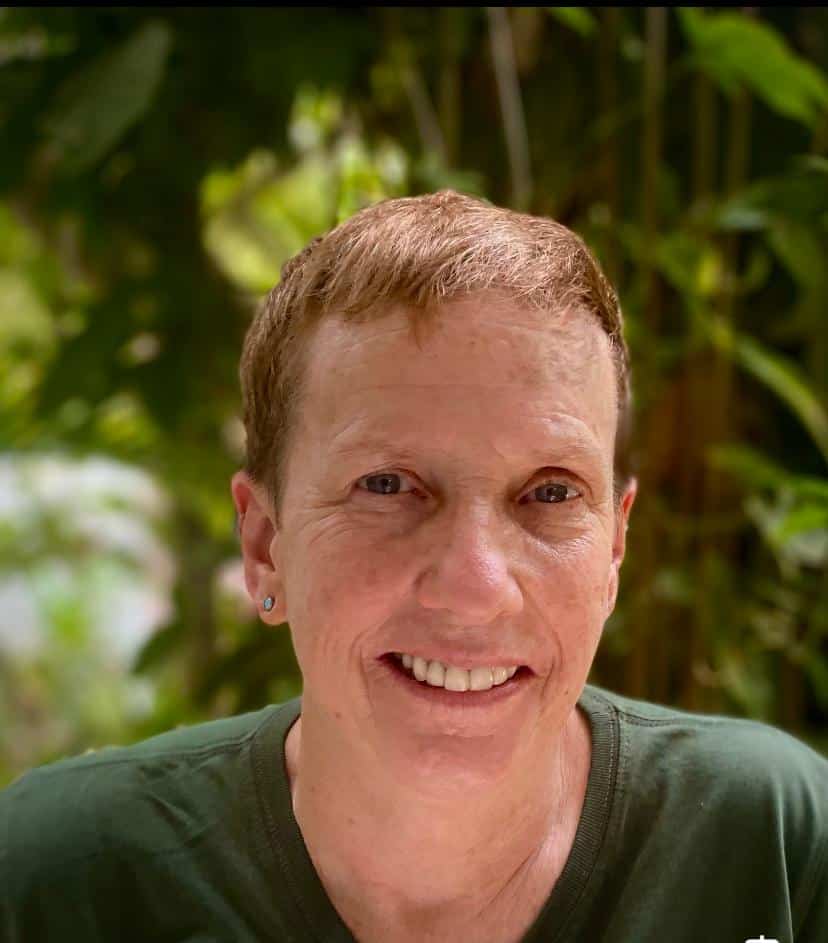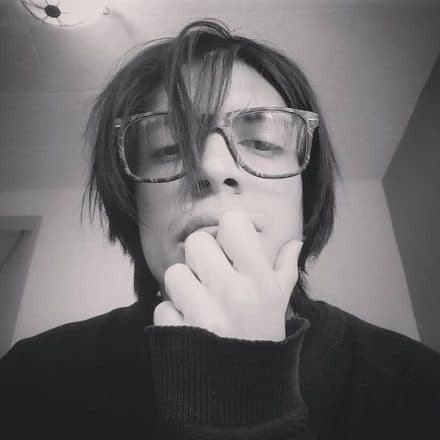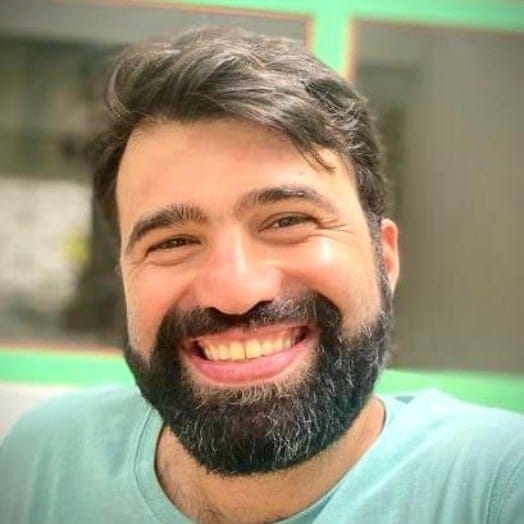Description
Women & Psychedelics is an anthology of essays and interviews that illuminates the lives of women throughout the Americas who have profoundly influenced the course of psychedelic history, upending a patriarchal narrative that has marginalized and erased their stories. This collection traverses half a century of research on shamanism and ayahuasca; introduces us to forgotten figures like Susi Ramstein, the first woman to take LSD; and delves more deeply into icons like Mazatec curandera, shaman, and poet Maria Sabina.
In the first book of its kind, authors from the Chacruna Institute and Chacruna Latinamérica explore the role of women in psychedelics as a portal to understanding both birth and death, as well as the whispered networks of botanical knowledge that have supported safe abortion. They expand narratives that center the achievements of men like Gordon Wasson to include the vital presence of his wife, ethnomycologist and researcher Dr. Valentina Wasson, who had just as much of an influence in bringing the psilocybin mushroom to the attention of North Americans.They herald community builders like Hanifa Nayo Washington, co-founder of the world’s first real-time psychedelic peer support line and Camille Barton, who explores what it means to decolonize psychedelics through embodied social justice.This book stands not only as a historical retrospective of the women who have shaped our understanding of entheogens but as a celebration of the wise and resilient spirits who continue to explore the mind and heart opening properties of these medicines, envisioning psychedelic movements that guide us to a more inclusive, compassionate, and creative world.

